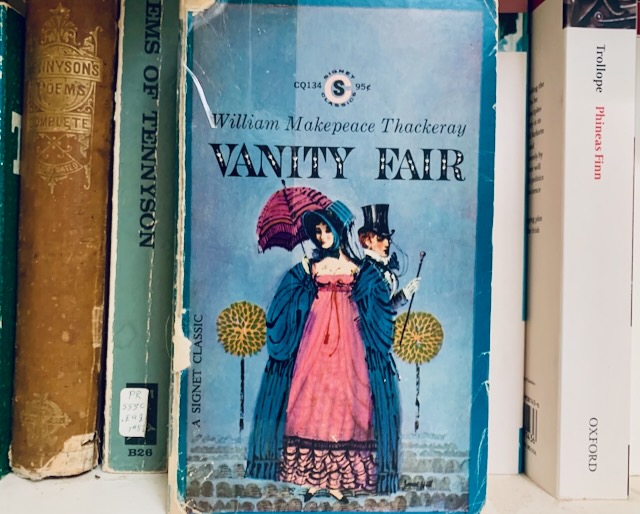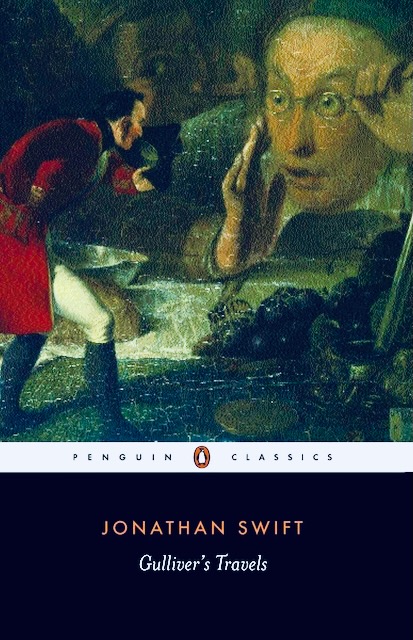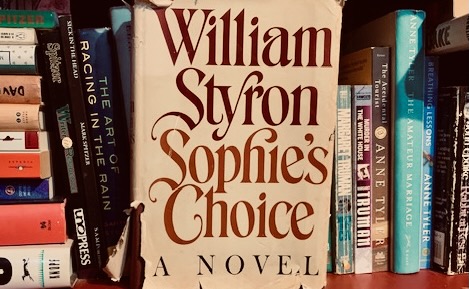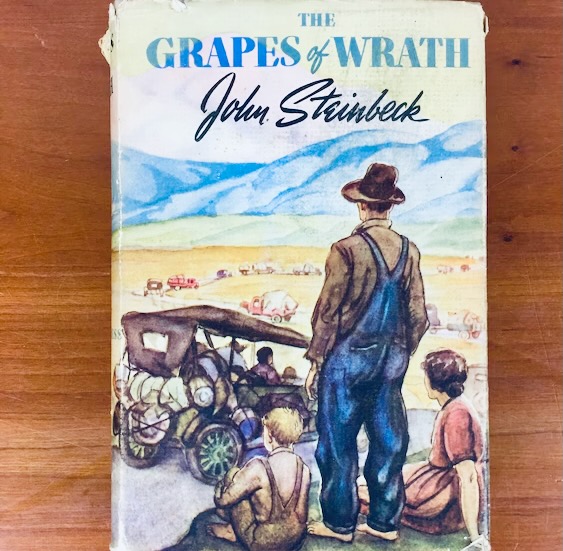Author: Jay Ruud
Kenyatta Rogers’ “Ars Poëtica”
William Makepeace Thackery’s “Vanity Fair”
Cheap Tramadol Online “ In his own day, William Makepeace Thackery was considered the one great Victorian novelist who could be mentioned in the same breath as Dickens. Both had a string of highly admired novels and were well-known public figures on the lecture circuit, and each grudgingly admired the other’s work in print. So admired was Thackery… Continue reading William Makepeace Thackery’s “Vanity Fair”
Jonathan Swift’s “Gulliver’s Travels”
Best Place Order Tramadol Online I remember as a young child seeing the 1939 American animated film of Gulliver’s Travels at a local movie theater, I suppose as a 20th anniversary “re-release.” Though dealing only—and not very faithfully—with Gulliver’s first voyage, to Lilliput, it made a tolerably entertaining children’s story. Indeed, the book is often put forward as a children’s novel, presenting… Continue reading Jonathan Swift’s “Gulliver’s Travels”
Jack Gilbert’s “Alone”
William Styron’s “Sophie’s Choice”
I had deliberately avoided this book for forty years. Sure, it was a huge bestseller in 1979 and won the National Book Award for Fiction in 1980, and yes, it was honored with a spot on Modern Library’s famous “100 Greatest English Language Novels of the 20th Century” (not to mention ranking 57th on Radcliffe’s “100 Best… Continue reading William Styron’s “Sophie’s Choice”
Ted Kooser’s “Legacy”
Lord Byron’s “I Stood in Venice…” from “Childe Harold’s Pilgrimage” (Canto 4)
Langston Hughes’ “Tired”
John Steinbeck’s “The Grapes of Wrath”
I hadn’t read John Steinbeck’s magnum opus since high school until rereading it while compiling my current list. What I found is that The Grapes of Wrath still packs a punch: a realist novel intended as a kind of exposé of the trials and hardships of the hundreds of thousands of “Okies”—poor farmers from the Great Plains… Continue reading John Steinbeck’s “The Grapes of Wrath”










